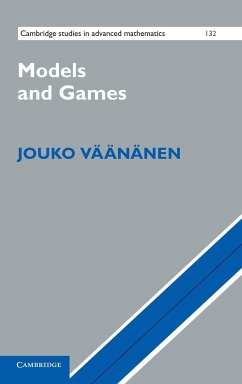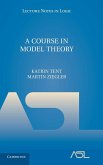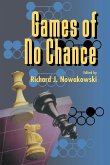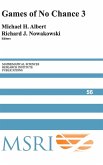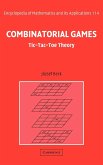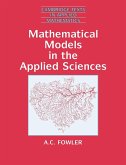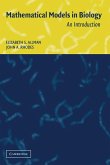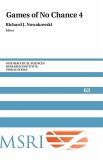This gentle introduction to logic and model theory is based on a systematic use of three important games in logic: the semantic game; the Ehrenfeucht-Fraïssé game; and the model existence game. The third game has not been isolated in the literature before but it underlies the concepts of Beth tableaux and consistency properties. Jouko Väänänen shows that these games are closely related and in turn govern the three interrelated concepts of logic: truth, elementary equivalence and proof. All three methods are developed not only for first order logic but also for infinitary logic and generalized quantifiers. Along the way, the author also proves completeness theorems for many logics, including the cofinality quantifier logic of Shelah, a fully compact extension of first order logic. With over 500 exercises this book is ideal for graduate courses, covering the basic material as well as more advanced applications.
Hinweis: Dieser Artikel kann nur an eine deutsche Lieferadresse ausgeliefert werden.
Hinweis: Dieser Artikel kann nur an eine deutsche Lieferadresse ausgeliefert werden.

